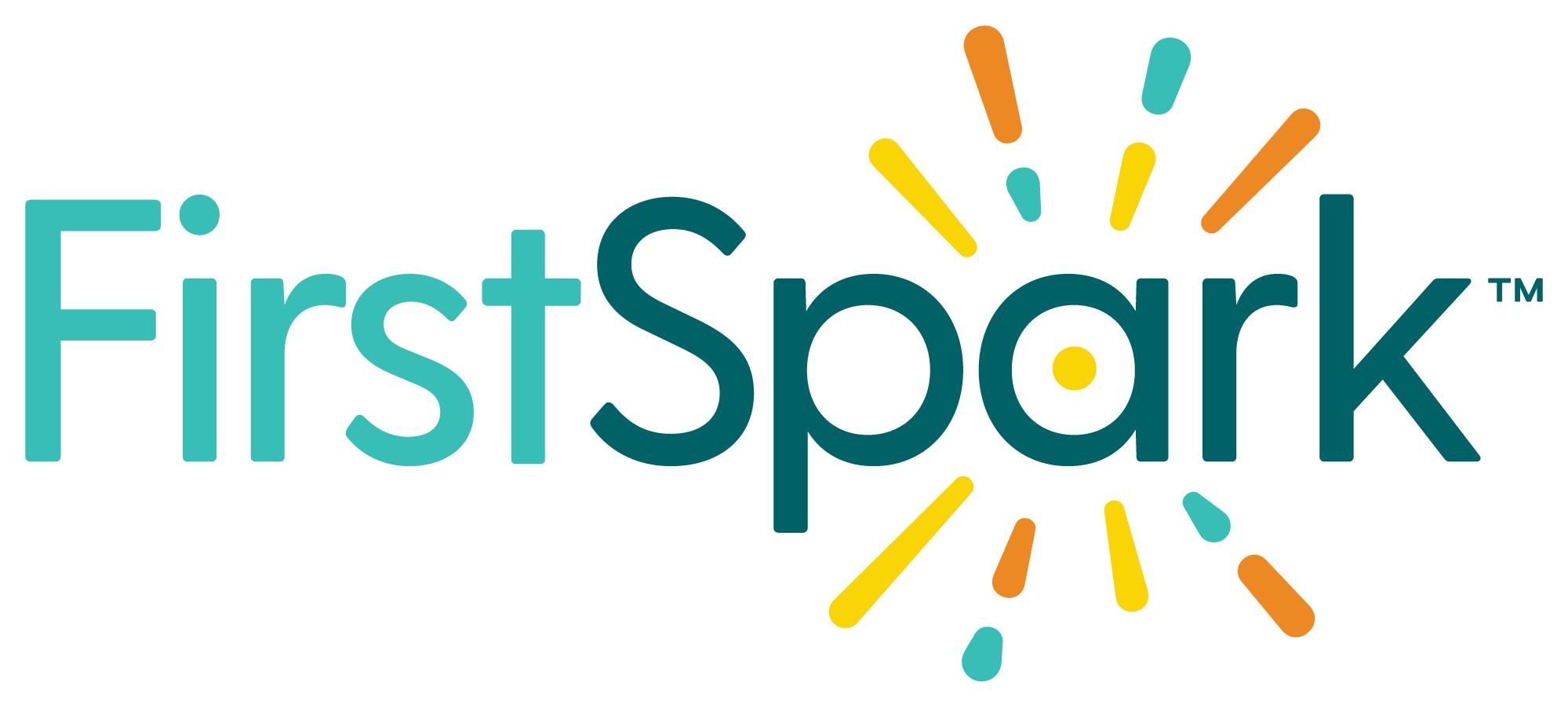You're never too old to learn.
Welcome to our Training Library — a resource where we share some of our webinars and past presentations. We hope you find these recorded sessions helpful and informative!
The videos provided in this library are for general informational and professional development purposes only. Videos and materials branded with the Virginia Quality (VQ) logo were recorded prior to June 30, 2023 with funding provided by Commonwealth of Virginia, Department of Social Services, Division of Childcare and Early Childhood Development. These materials were created to support educators’ efforts to improve child-teacher interactions prior to embarking on Virginia’s new Unified Measurement and Improvement System – Virginia Quality Birth to Five (VQB5).
What To Expect During An Observation (Part 1)
This video is Part 1 of a 2 Part Series addressing what happens during a CLASS observation and what CLASS observers are looking for. Part 1 provides an overview of the purpose of the CLASS observation as well as the who, what, when and where of the process!
What To Expect During An Observation (Part 2)
This video is Part 2 of a 2 Part Series addressing what happens during a CLASS observation and what CLASS observers are looking for. Part 2 provides specific examples of the behavioral markers observers look for throughout all dimensions for Infant, Toddler and PreK classrooms.
Writing Feedback Summaries
This informational video will help new observers review the expectations and guidelines of how to write a quality Feedback Summary for teachers following their observations. You will receive helpful tips as to how to follow the recipe provided to us by FirstSpark, along with reminders mentioned during your orientation. Download the Tip Sheet to help you see additional samples of what your Feedback Summary should look like.
Download: Tips on writing a summary correctly
Productivity: Tips and Tricks
Considers how well the teacher manages instructional time and routines, and provides activities for children, so that they have opportunities to be involved in learning activities.
An Appetite for Mealtime Learning
Mealtimes are a great time to come together, have conversations, build on learning, and promote children’s social, emotional, language and communication. Use the time to engage and interact with children by asking questions, getting involved in their conversations, introducing new vocabulary, and modeling language development for them.
Enhanced Storytelling
Tips and Tricks for Enhanced Story Telling using Concept Development and Language Modeling
Facilitating Children’s Engagement in a PREK classroom
Focuses on the ways in which the teacher maximizes students’ interest, engagement, and ability to learn from lessons and activities.
Tips and Tricks Facilitating Children’s Engagement in a PreK Classroom
Concept Development: Math Manipulatives
Always have children learning math through the use of manipulatives. This will provide a solid foundation for many skills and concepts they’ll learn in math.
Maximizing Engagement in an Inclusive Classroom
This session will consider engagement in both special education and general education classrooms from the perspective of a skill that can be taught and strengthened through intentional teaching strategies.
Big Rules Little Rules
This webinar explores how to effectively utilize big rules to set boundaries for children as we support their behaviors toward others and their classroom environment. We also explore how little rules help to create specific developmentally appropriate behavioral expectations to enhance the quality of interactions between children and early childhood teachers.
Effective Feedback for Diverse Learners
What does effective feedback look like in in classrooms with students who have diverse needs? Objectives:
- Understand that effective feedback helps children to engage at a deeper level and sets the stage for problem solving and higher order thinking skills.
- Review the language and framework described in the CLASS dimension of Quality of Feedback.
- Discuss what Quality of feedback may look like in special education classrooms.
Soothing the Carline Stress
Discover what makes the morning drop off routine challenging. Learn Strategies for smoothing the separation process.
Teacher Sensitivity
This dimension encompasses the teacher’s responsiveness to and awareness of children’s individual needs and emotional functioning. The extent to which the teacher is available as a secure base (being there to provide comfort, reassurance, and encouragement) is included in this rating. (CLASS®).
Behavior Management: Strategies for a Smoother and More Joyful Classroom
This video training will assist you with strategies to prevent and redirect misbehaviors while providing clear behavioral expectations and positive attention to the desirable behaviors.
Tips and Tricks Behavior Management Strategies for a Smoother and More Joyful Classroom
Series
Digging Deeper into Effective Interactions
We know these are challenging times as a preschool educator and we are here to help you. We have developed a webinar series to provide you an opportunity to spend some of your time learning some new classroom strategies and earn professional development hours. This webinar series is made up five individual 30-minute webinars.
After watching the videos, you are asked to answer two reflection questions about the topic. After you submit your reflection answers, you will receive an online evaluation. Once completed your will then receive a certificate for 1 hour of professional development training. The webinars are not intended to be viewed in any specific order, so you can pick and choose which ones to watch.
Facilitating Cognitive Development
Using Visual Supports in the Classroom
Successful Whole Group Times - Building a Classroom Community
Language and Conversations with Young Children
Instructional Support and Small Group
Series
Culturally Responsive Anti Bias Teaching
This three-part series on Culturally Responsive Anti Bias teaching will provide a variety of best practices and teaching strategies that support the way children see themselves in the world and their development of appreciating the differences of others.
This series will focus on three topics that support a Culturally Responsive Anti Bias classroom. This includes Instructional Practices, Establishing Relationships with Families, and Developing Positive Identity.
All three trainings will provide content that stresses the importance of high-quality interactions and its positive impact on creating classroom communities that celebrate the uniqueness of each child.
Looking for something more collaborative?
Check out our in-person and virtual training sessions.

